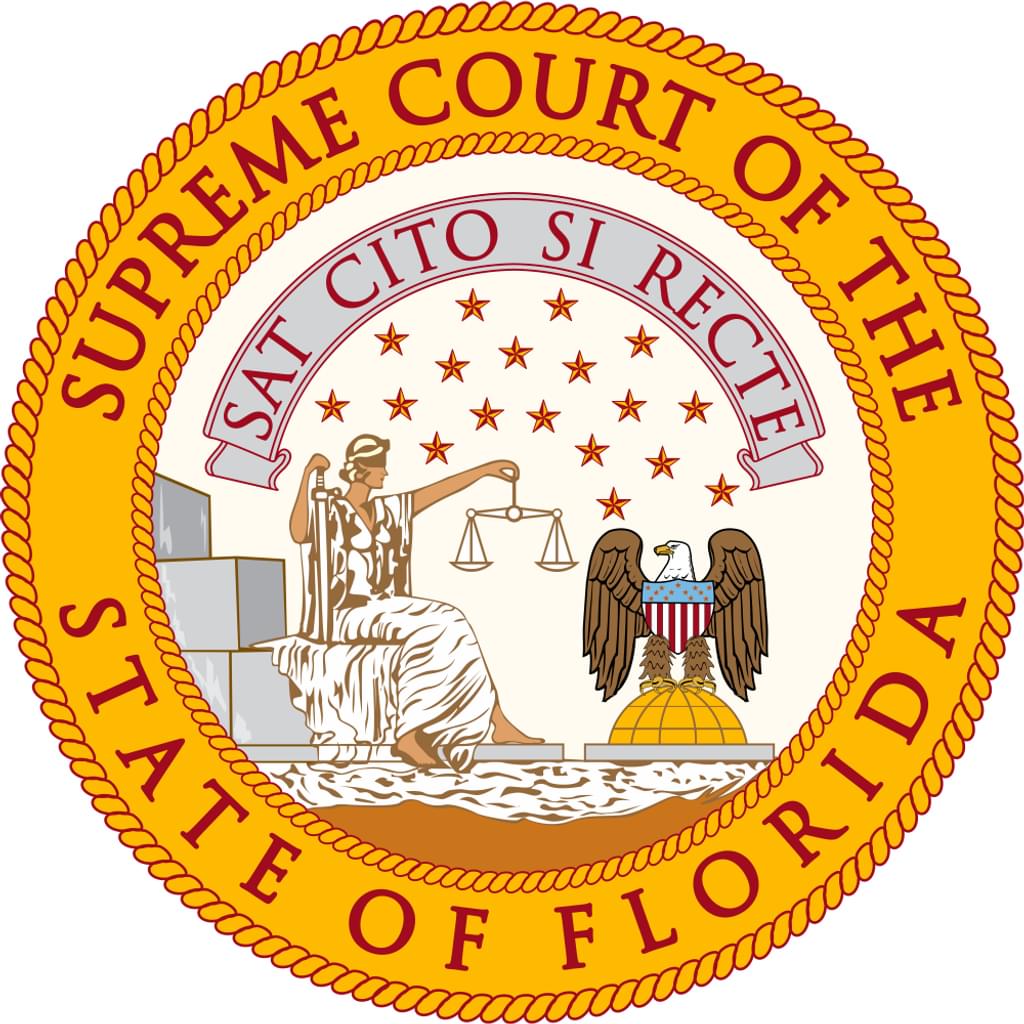
In a retreat from one of its prior decisions, the Florida Supreme Court ruled on February 20 that prosecutors could move forward with death penalty trials under Florida’s constitutionally flawed capital sentencing statute, provided the trial court specifically instructs the sentencing jurors that they must unanimously find all facts that could make a defendant eligible for the death penalty and that they must unanimously recommend death before the trial judge may impose a death sentence. In January 2016, the U.S. Supreme Court struck down Florida’s death penalty law in Hurst v. Florida because the trial judge, rather than the jury, was responsible for finding critical facts necessary to impose a death sentence. In response to that decision, the Florida legislature amended the state’s capital sentencing statute to require juries to unanimously find at least one aggravating circumstance, but allowed the trial judge to impose a death sentence if at least 10 of 12 jurors recommended death. In October 2016, the Florida Supreme Court ruled in Perry v. State that this new sentencing statute violated the state and federal constitutions because it unconstitutionally permitted the judge to impose death despite a nonunanimous sentencing recommendation by the jury. At that time, the court declared that the sentencing law “cannot be applied to pending prosecutions.” The latest ruling, in the cases of Patrick Albert Evans v. State of Florida and Juan Rosario v. State of Florida, reverses that decision. Legislators have proposed bills to revise the law and bring it in line with the court’s October ruling. The latest decision allows death penalty cases to proceed even before such legislation is passed, but courts will only be allowed to impose a death sentence if the jury first unanimously agrees that it is the appropriate sentence.
(B. Farrington, “Florida prosecutors can seek death penalty despite questions,” Associated Press, February 21, 2017; D. Kam, “Florida death penalty cases allowed to move forward despite questions,” Orlando Weekly, February 21, 2017.) Read the Florida Supreme Court’s February 20, 2017 joint decision in Evans v. State, No. SC16-1946, and Rosario v. State, No. SC16-2133, here. See Sentencing.
Florida
Oct 03, 2023

Analysis Shows Supreme Court’s Changing View of Death Penalty Cases
Florida
Sep 13, 2023



